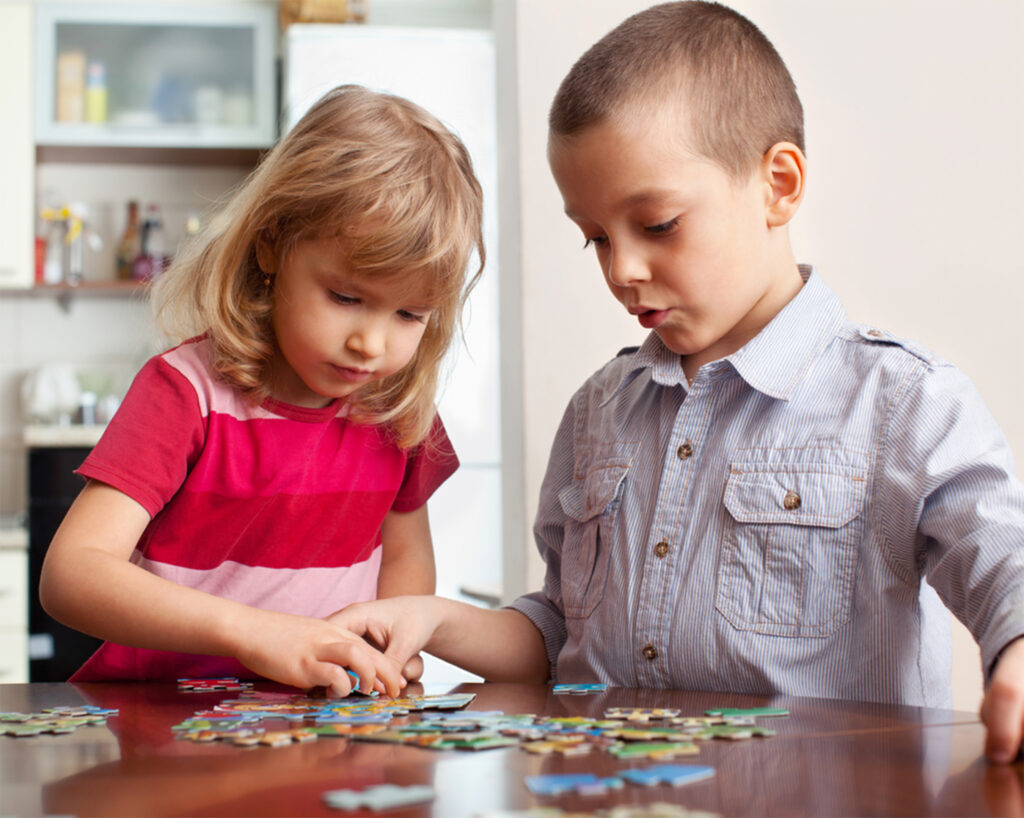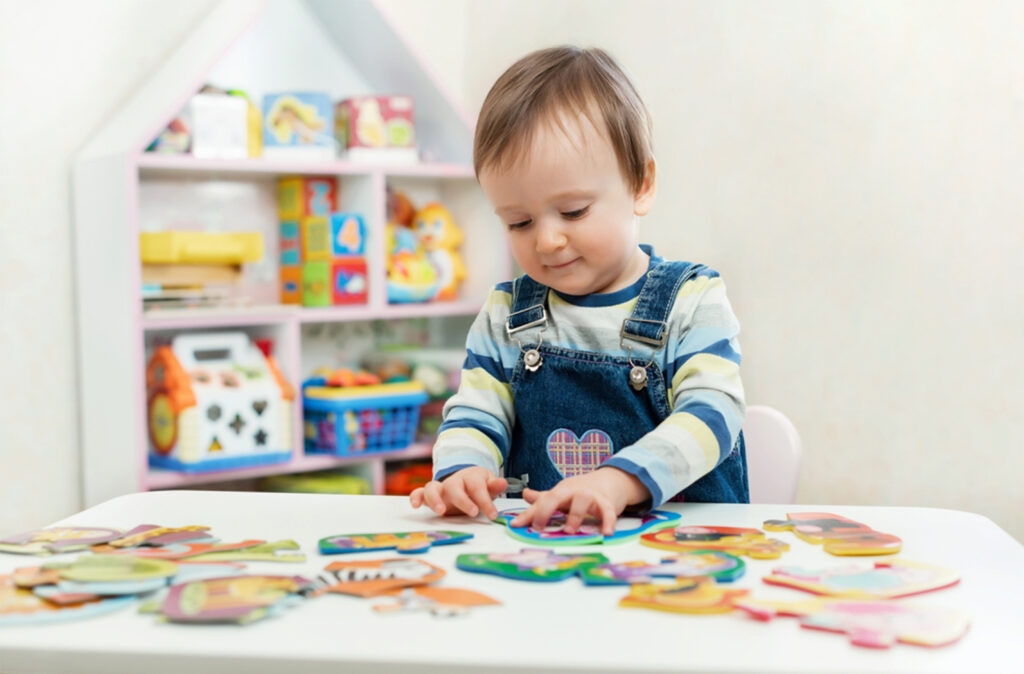What Foster Carers Do?

Carers Feedback
What Foster Carers Do
Foster carers play an extremely important role in supporting some of the most disadvantaged children and enabling their successful transition into independent, adult life. Fostering is a challenging role and requires skills and dedication. We need to encourage more people to become foster carers and make sure that they have the support and skills required to meet the varied and complex needs of looked-after children.
Some of the roles and responsibilities that foster carers take on are as listed below:
- Foster carers work within a legal framework.
- The carer’s whole family is involved in foster care.
- Working in partnership with parents is a major part of the job of being a carer.
- Carers are members of a team of professionals who work together for the benefit of fostered children and their families.
- As team members, foster carers require information and other support to do their job.
- Carers can expect to meet with other team members for several different purposes in connection with the progress of fostered children, both in their own homes and outside.
- Carers are in a unique position to form views about the development and progress of young people and advocate on their behalf. They must be prepared to contribute their expertise at reviews and on all occasions where decisions important to fostered children are discussed.

Foster Carers role in the recent years has become more and more complex and demanding. Foster carers should either already have or must be prepared to develop their skills and competences in the following four areas:

Caring for children and young people
- Ability to provide a good standard of care to other people’s children which promotes healthy emotional, physical, and sexual development as well as their health and educational achievement.
- An ability to work closely with children’s families, and others who are important to the child.
- An ability to set appropriate boundaries and manage children’s behaviour within these, without use of physical and inappropriate punishment.
- Knowledge of normal child development and an ability to listen to and communicate with children appropriate to their age and understanding.
Providing a safe and caring environment
- An ability to ensure that children are cared for in a home where they are safe from harm or abuse.
- An ability to help children keep themselves safe from harm or abuse, and to know how to seek help if their safety is threatened.


Working as a team
- An ability to work with other professional people and contribute to the local authority’s planning for the child/young person.
- An ability to communicate effectively.
- An ability to keep information confidential.
- An ability to promote equality, diversity and rights of individuals and groups within society.
Own development
- An ability to appreciate how personal experiences have affected you and your family and the impact fostering is likely to have on you all.
- An ability to have people and links within the community which provide support.
- An ability to use training opportunities and to improve skills.
- An ability to sustain positive patterns of relationships and maintain effective functioning through periods of stress.

